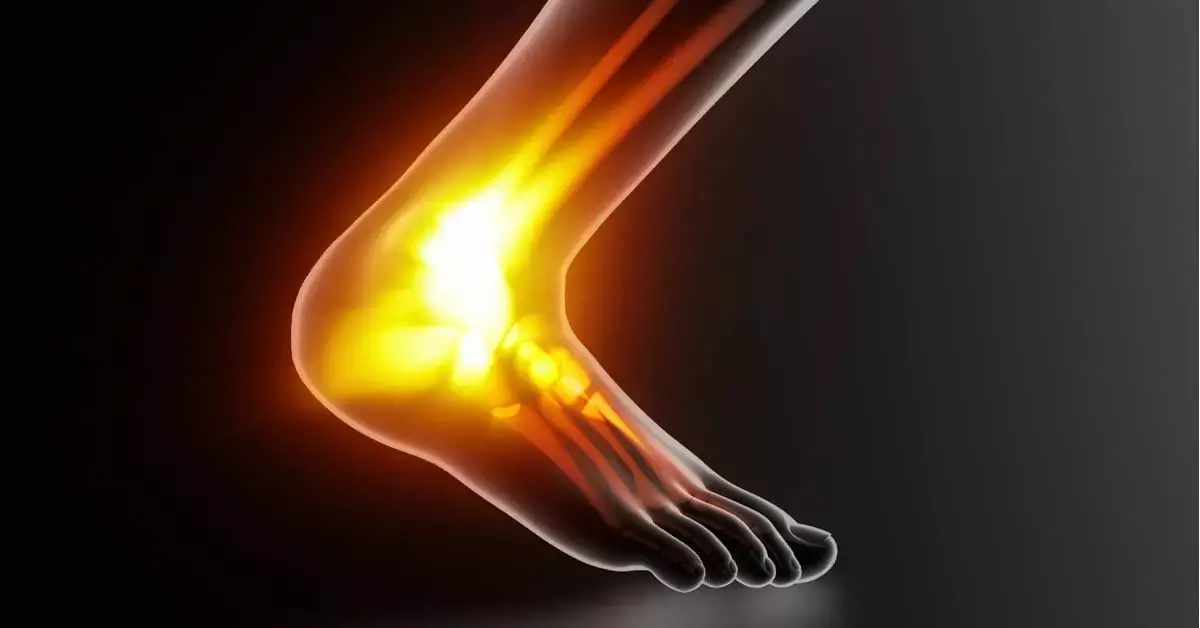- Home
- Medical news & Guidelines
- Anesthesiology
- Cardiology and CTVS
- Critical Care
- Dentistry
- Dermatology
- Diabetes and Endocrinology
- ENT
- Gastroenterology
- Medicine
- Nephrology
- Neurology
- Obstretics-Gynaecology
- Oncology
- Ophthalmology
- Orthopaedics
- Pediatrics-Neonatology
- Psychiatry
- Pulmonology
- Radiology
- Surgery
- Urology
- Laboratory Medicine
- Diet
- Nursing
- Paramedical
- Physiotherapy
- Health news
- Fact Check
- Bone Health Fact Check
- Brain Health Fact Check
- Cancer Related Fact Check
- Child Care Fact Check
- Dental and oral health fact check
- Diabetes and metabolic health fact check
- Diet and Nutrition Fact Check
- Eye and ENT Care Fact Check
- Fitness fact check
- Gut health fact check
- Heart health fact check
- Kidney health fact check
- Medical education fact check
- Men's health fact check
- Respiratory fact check
- Skin and hair care fact check
- Vaccine and Immunization fact check
- Women's health fact check
- AYUSH
- State News
- Andaman and Nicobar Islands
- Andhra Pradesh
- Arunachal Pradesh
- Assam
- Bihar
- Chandigarh
- Chattisgarh
- Dadra and Nagar Haveli
- Daman and Diu
- Delhi
- Goa
- Gujarat
- Haryana
- Himachal Pradesh
- Jammu & Kashmir
- Jharkhand
- Karnataka
- Kerala
- Ladakh
- Lakshadweep
- Madhya Pradesh
- Maharashtra
- Manipur
- Meghalaya
- Mizoram
- Nagaland
- Odisha
- Puducherry
- Punjab
- Rajasthan
- Sikkim
- Tamil Nadu
- Telangana
- Tripura
- Uttar Pradesh
- Uttrakhand
- West Bengal
- Medical Education
- Industry
Achilles Tendon Softness may help detect Familial hypercholesterolemia

Familial hypercholesterolemia (FH) is an autosomal dominantly inherited disease characterized by markedly increased serum low-density lipoprotein-cholesterol (LDL-C) levels, formation of xanthomas, including those causing thickening of the Achilles tendon (AT), and early-onset coronary artery disease (CAD).
In a recent study, researchers have reported that AT softness along with AT thickness (AT-T) helps to diagnose familial hypercholesterolemia. The research has been published in the JACC: Cardiovascular Imaging on March 31, 2021.
Despite being specific for FH, AT xanthomas may clinically be undetectable which may lead to under-diagnosis. To date, ultrasonography has been used to assess Achilles tendon thickness (ATT) to diagnose patients with familial hypercholesterolemia. Researchers hypothesized that the softness of the Achilles tendon might also be an important indicator of FH."We hope that Achilles tendon elastography may encourage clinicians to diagnose FH more correctly and actively," said author Masatsune Ogura, MD, PhD, National Cerebral and Cardiovascular Center Research Institute, Osaka, Japan, in an interview.
The researchers conducted this study to investigate whether combining measurement of AT softness and thickness improve the diagnostic accuracy of FH. The researchers measured AT elasticity with sonoelastography in 115 genetically diagnosed heterozygous FH patients and 77 non-FH control subjects.
The key findings of the study were:
- Upon analysis, the researchers noted that the Achilles tendon thickness was greater and its degree of softness, measured by the elasticity index, was lower in the genetically diagnosed FH group compared with the non-FH group, indicating that the AT of FH patients was thicker and softer than that of non-FH patients.
- They also observed an inverse relation between the elasticity index and Achilles tendon thickness only in FH patients, suggesting that the Achilles tendon of FH patients becomes softer as it becomes thicker.
- Upon receiver operating characteristic (ROC) analyses, they noted that the cutoff values of Achilles tendon softness to diagnose FH in women were 4.7 mm in both men and women.
Ogura said, "The combined use of the elasticity index cutoff value and those for Achilles tendon thickness improved the detection rate."
He further added, "We consider that measuring Achilles tendon softness in addition to the thickness may be beneficial for suspected FH patients whose Achilles tendon thickness is borderline or falls short of the cutoff value due to lipid-lowering treatment or younger age,".
For further information:
Dr Kartikeya Kohli is an Internal Medicine Consultant at Sitaram Bhartia Hospital in Delhi with super speciality training in Nephrology. He has worked with various eminent hospitals like Indraprastha Apollo Hospital, Sir Gangaram Hospital. He holds an MBBS from Kasturba Medical College Manipal, DNB Internal Medicine, Post Graduate Diploma in Clinical Research and Business Development, Fellow DNB Nephrology, MRCP and ECFMG Certification. He has been closely associated with India Medical Association South Delhi Branch and Delhi Medical Association and has been organising continuing medical education programs on their behalf from time to time. Further he has been contributing medical articles for their newsletters as well. He is also associated with electronic media and TV for conduction and presentation of health programs. He has been associated with Medical Dialogues for last 3 years and contributing articles on regular basis.
Dr Kamal Kant Kohli-MBBS, DTCD- a chest specialist with more than 30 years of practice and a flair for writing clinical articles, Dr Kamal Kant Kohli joined Medical Dialogues as a Chief Editor of Medical News. Besides writing articles, as an editor, he proofreads and verifies all the medical content published on Medical Dialogues including those coming from journals, studies,medical conferences,guidelines etc. Email: drkohli@medicaldialogues.in. Contact no. 011-43720751


